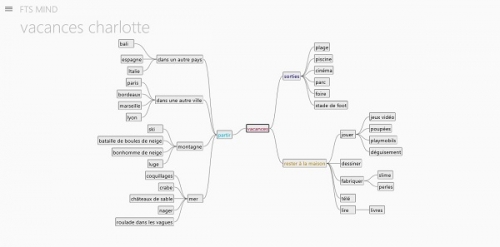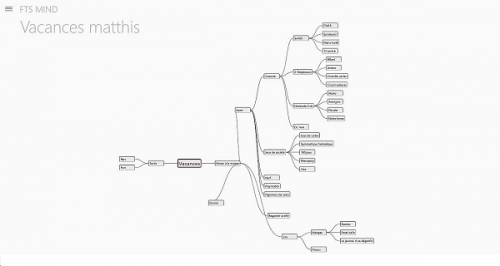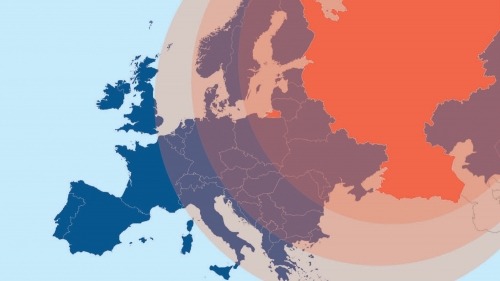
Le métissage des cultures est-il possible?
par Pierre Marcowich
Ex: https://oswald-spengler-le-retour.e-monsite.com
Pour Oswald SPENGLER, les cultures sont des courants de vie organiques, c’est-à-dire un ensemble d’organes par lesquels la vie s’exprime et constitue un processus créateur de formes diverses (peuples, État, nation, religion, langues, droit, art, économie, coutumes, etc.).
Remarquons, au passage, que, pour Oswald SPENGLER, c’est la culture qui crée le peuple, et non pas le peuple qui crée sa culture, comme il est d’usage de penser.
Oswald SPENGLER constate que moins la pensée historique connaît ces courants de vie (cultures), plus elle s’acharne à considérer que la vie se trouve dans les relations multiples de ces cultures entre elles, et, par conséquent (et paradoxalement) moins elle comprend ces relations elles-mêmes :
« Quelle richesse de psychologie dans ces cultures qui s’attirent, se repoussent, se rapprochent, s’étudient, se corrompent, s’entrechoquent ou se sacrifient, soit qu’elle s’admirent ou se combattent en contact immédiat, soit qu’elles vivent isolées en face du monde formel d’une culture défunte, dont le paysage montre encore les ruines. » (1)
Oswald SPENGLER porte, à mon avis, un regard très perspicace sur les différentes sortes de relations que peuvent avoir les cultures entre elles. Qui d’entre nous, lecteur, je vous le demande, n’a pas lu un ouvrage ou un article répertoriant et décrivant avec minutie les relations commerciales depuis 1.000 ans entre l’Occident et le monde arabe, ou entre le monde arabe et la Chine, dans lequel l’auteur conclue, péremptoire, que ces relations démontrent l’influence réciproque des cultures, sans analyser plus au fond, c’est-à-dire sans tenter de découvrir l’univers intérieur produit dans chaque être par les différentes cultures qui se rencontrent.
En effet, la pensée historique actuelle ne voit ou ne comprend pas l’univers intérieur des hommes de cultures différentes, nous dit Oswald SPENGLER. Ce sont alors deux mondes aux antipodes l’un de l’autre. Mais l’historien rationaliste et causaliste ne veut voir que les faits bruts avec lesquels il construit une chaîne continue de relations de cause à effet.
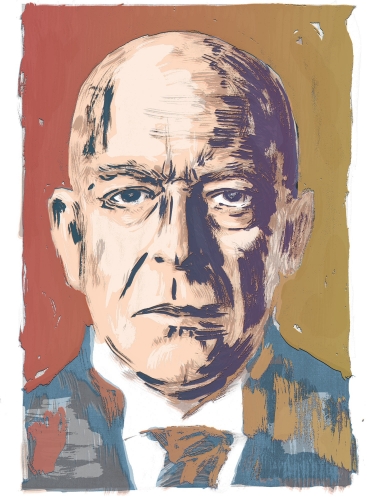
Oswald SPENGLER nous donne l’explication du comportement de l’historien moderne :
« À la base de cette mentalité scientifique se trouve l’image grandiose d’une unité de l’histoire humaine, telle qu’elle est apparue un jour aux grands maîtres du gothique. » (2)
C’est donc, nous dit Oswald SPENGLER, une vision purement occidentale. L’homme occidental veut embrasser le monde entier pour le comprendre. Du coup, il s’élève à la généralisation des êtres humains la plus élevée possible, en ignorant les courants de vie qui sont propres aux cultures.
L’unicité de l’être humain, comme on dit au XXIème siècle, signifie que tous les êtres humains ont le même univers intérieur, le même regard sur le monde, les cultures n’étant qu’un habit superficiel.
Et Oswald SPENGLER de constater :
« C’est une dynamique purement faustienne. Aucun homme d’une autre culture ne s’est représenté ainsi l’histoire. » (3)
En effet, nous dit Oswald SPENGLER, jamais l’esprit grec n’a recherché les effets des unités d’expression communes entre le drame attique et l’art égyptien. Pour l’homme antique, chaque nation menait sa vie propre.
Qu’on pense également à la notion de gentils ou d’infidèles (païens) propre à la culture arabe (qu’on la considère au stade juif ou au stade islamique) : pas de salut pour les païens.
Nous sommes alors, dans ces cultures, en présence d’une ligne de démarcation infranchissable : grecs/barbares, peuple élu(juif)/gentilité (idolâtres), croyants(musulmans)/infidèles (qafir).
Par contre, pour le christianisme, qui se trouve à la racine de la culture occidentale, le païen ou l’adepte d’une autre religion (musulman, juif, indou) peut toujours mériter le paradis chrétien, même s’il ne devient pas chrétien.
C’est pourquoi, l’homme d’Occident fait la recherche chaque jour de l’élément spécifique et général de l’être humain.
Mais pour ce faire, il doit théoriser toute chose pour parvenir, je dirais, au plus grand commun dénominateur général.
Oswald SPENGLER nous décrit la logique de la pensée historique moderne :
« On confond l’être avec l’être éveillé, la vie avec ses moyens d’expression […] la pensée théorique voit partout des unités théoriques mouvantes » (4)
Oswald SPENGLER décrit alors la logique du chercheur faustien (=occidental) en sociologie, en histoire, psychologie, etc. :
1) il perçoit un système de formes d’expression (langue, coutumes, État, etc.) ;
2) il lui donne un nom ;
3) le nom dégage à ses yeux un réseau de rapports ;
4) dès lors il croira que le nom est un organisme vivant ayant une fonction constituée de rapports entre des formes d’expression.
On ne peut qu’admirer la perspicacité d’Oswald SPENGLER pour démonter le système de la plupart de nos théoriciens en sciences humaines, même contemporains, plagiant la méthode scientifique.
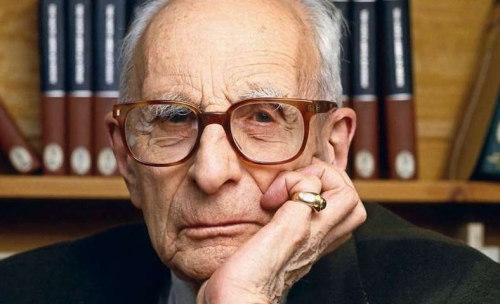
On ne peut pas, non plus, s’empêcher de penser, parmi d’autres, à Claude LEVY-STRAUSS avec son structuralisme, voulant, avec un acharnement inouï, construire un système de rapports de parenté global, applicable à toute l’humanité et à toutes les cultures et réussissant à obtenir que l’on mette à son service un mathématicien pour tenter (en vain) de traduire ce système structuraliste en fonctions mathématiques.
On comprend qu’un de ses laudateurs ait loué Claude LEVY-STRAUSS pour le fait qu’il voyait une égalité totale entre la diversité culturelle (humaine) et la diversité naturelle (végétale ?). On ne peut pas aller plus loin dans la généralisation théorique : le niveau supérieur consiste à intégrer les étoiles. Ce n’est plus seulement une simple spécificité occidentale. Cela devient de l’arrogance, la fameuse hybris occidentale !
Un autre exemple pourrait être pris dans la notion d’indo-européen qui représente un système de rapports entre diverses langues situées de l’Inde à l’Europe. À partir de ce système d’expression linguistique, on a créé ex nihilo le « peuple indo-européen » !
En réalité, nous dit Oswald SPENGLER, lorsque l’homme occidental découvre une structure étrangère à sa culture (religion, forme étatique, coutumes, etc.), il ignore, en général, ce qui l’a engendré dans l’âme de l’autre. Sa réaction immédiate, consiste à projeter sa propre âme dans cette forme d’une culture qui lui est étrangère.
Cette constatation d’Oswald SPENGLER, nous la découvrons quotidiennement dans les articles de journaux ou dans les ouvrages d’« experts » à la mode. Ainsi, cherchant à comprendre (ou plutôt « expliquer ») l’islamisme, ces « experts » considèrent que le monde musulman est divisé entre partisans de la laïcité (les « modernes ») et les intégriste (les « conservateurs »). L’Occidental ne peut même pas comprendre que la notion de « laïcité » ne peut se concevoir en Islam sans remettre en cause la nature même de l’Islam. Un « musulman avec une vision laïque » n’est déjà plus tout-à-fait musulman, me semble-t-il, ou c’est la religion islamique qui a muté, et c’est un autre problème. Il en de même pour la notion de « nation », typiquement occidentale, que l’Occidental tente de coller aux pays musulmans ou autres, et pour bien d’autres points.
Mais, peut-on objecter, si l’on convertit l’homme de l’autre culture à notre religion, n’est-il pas possible de le transformer en Occidental ?
La réponse d’Oswald SPENGLER est, sur ce point, formellement négative.
En effet, selon Oswald SPENGLER, il ne peut pas y avoir de « transhumance psychique » (comme il dit) entre deux individus de culture différentes :
« Une religion a beau se révéler dans des paroles aussi claires que possible, elle reste parole et l’auditeur y projette son sens intérieur. » (5) Il en est de même au plan artistique, politique, etc.
Oswald SPENGLER concède tout de même que le don de « transhumance psychique », « très rare et très moderne est réservé à quelques hommes éminemment historiques », parmi lesquels, je me permets de l’ajouter, il se compte certainement, ce qui nous fait de bénéficier de son intéressante et magistrale vision de l’histoire universelle.
Oswald SPENGLER précise qu’il y a incommunicabilité psychique entre deux cultures différentes que ce soit au niveau artistique ou religieux. Celui qui écoute ne fait qu’y projeter sa propre âme.

Mais alors, que penser des influences indubitables que l’on peut constater entre deux cultures étrangères ? le chiffre 0 conçu par la culture indoue et transmis par les Arabes à l’Occident, l’arc en forme de voûte des églises romanes et gothiques empruntée à la culture arabe ?
Oswald SPENGLER commence par définir ce qu’est une « influence » :
Pour Oswald SPENGLER, une influence est une activité organique, c’est-à-dire qu’elle est une action exercée par un courant de vie organique, une unité cosmique (vision globale du monde), en l’espèce une culture.
Par contre, les formes d’expression d’une culture donnée (art, langue, sciences, religion, formes étatiques, etc.) et- qui apparaissent concrètement dans les relations interculturelles, Oswald SPENGLER les définit comme des unités microcosmiques, car une forment un univers particulier, réduit à une sphère spécifique, produit par la culture, courant de vie organique.
Et Oswald SPENGLER d’observer que, dans les multiples relations interculturelles, « ce ne sont pas les unités microcosmiques qui se déplacent, mais les unités cosmiques qui les choisissent et se les approprient. » (6)
Autrement dit, lorsqu’un homme de culture A entre en relation avec un homme de culture B, chacun des deux dispose, pour lui-même, une multitude de systèmes d’expression (art, sciences, formes politiques, langues, coutumes, etc.) spécifiques à sa propre cultures.
Pourtant, tout au long de la relation interculturelle, seuls quelques uns des systèmes d’expression passeront dans l’autre culture.
En effet, si les influences entre les cultures s’étaient librement donné cours, il n’y aurait depuis longtemps qu’une seule « civilisation » éternelle. Ce n’est pas le cas.
Lorsque deux hommes de cultures différentes entrent en relation, ce ne sont pas les unités d’expression (art, structures de la parenté, religion, etc.) qui sont actives, c’est, nous dit Oswald SPENGLER, l’homme seul qui est actif. Et l’action de l’un ne peut être intégré dans l’autre de façon vivante que si l’autre la sent dans son propre être.

Ainsi, pour Oswald SPENGLER, ce n’est pas le bouddhisme qui a émigré de l’Inde dans la Chine, mais ce sont les Chinois d’une certaine culture (d’une certaine orientation de sentiments) qui ont accueilli le bouddhisme et l’ont transformé en une nouvelle sorte d’expression religieuse.
En outre, Oswald SPENGLER constate que, au mépris de la théorie de ceux qui prétendre qu’il y a continuité entre les vieilles civilisations et les plus jeunes cultures, ce sont seulement les plus jeunes cultures qui empruntent aux organismes plus âgés un petit nombre d’éléments qu’elles interprètent sans égard à leurs significations originelles (dans la culture plus âgée).
Pour Oswald SPENGLER, prétendre qu’il y a continuité entre la philosophie grecque et la nôtre, c’est utiliser un « jargon artificiel ».
En effet, nous dit Oswald SPENGLER, l’interprétation de la philosophie grecque par les Grecs eux-mêmes, puis les Arabes et enfin par les Occidentaux constitue trois interprétations différentes.
« […] : il n’ y a pas une seule proposition d’Héraclite, de Démocrite, de Platon, qui soit vrai pour nous, si nous ne l’avons pas tout d’abord rectifiée. » (7)
On ne peut qu’être d’accord avec Oswald SPENGLER, en particulier lorsqu’on pense au destin de la fameuse proposition de PROTAGORAS « L'homme est la mesure de toute chose », qui était la marque d’un relativisme absolu (une sorte de nihilisme de l’homme antique), et à laquelle l’homme occidental déclinant donne spontanément un sens humanitariste, comme on a pu le constater notamment lors des affoulements provoqués par les déplacements de feu le Pape JEAN XXIII dans divers pays, durant lequels cette proposition avaient transformée en slogan sous le regard approbateur des grands médias.
En outre Oswald SPENGLER pose alors la question que ne se posent pas les philosophes "modernes" : pourquoi certaines influences ne sont pas acceptés ? pourquoi ne montre-t-on que les influences acceptées ?
En effet, observe Oswald SPENGLER, il est dit que la Renaissance fut entièrement sous l’influence de l’art antique. « mais alors qu’a-t-elle fait » de la forme du temple dorique, de la colonne ionique, de la tectonique des statues, etc. ?
Pour Oswald SPENGLER, l’acceptation d’une influence, choix inconscient, constitue une exception qui va entraîner une nouvelle interprétation du sens profond de l’apport accepté.
Oswald SPENGLER donne des exemples concrets de ces nouvelles interprétations dans le christianisme avec ses deux interprétations, sans qu’un seul mot du dogme soit modifié : culture magique (juive, arabe) et culture faustienne (occidental).
Ainsi, les premiers conciles chrétiens ressortaient de la conception magique (juive, arabe) où chaque homme est l’expression du pneuma (souflle, esprit) divin. Donc, dans le rassemblement conciliaire, l’idée d’origine était que la majorité exprime la parole divine, la Vérité immédiate. Ce raisonnement était inintelligible pour l’homme d’Occident qui a fait du Concile un moyen de contrôle du pouvoir spirituel du Pape à l’époque gothique. Puis, dans un mouvement de spiritualisation totale, spécifique à l’esprit occidental, l’infaillibilité papale s’est imposée.
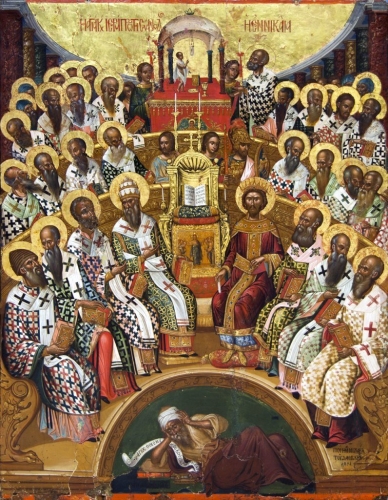
On constate la même transformation du sens profond pour le dogme de la résurrection des morts, prise à l’origine au sens propre (résurrection de chair) dans la culture magique (juive), car le pneuma divin a élu domicile dans le corps humain. Cette résurrection de la chair, bien que jamais remise en cause, s’est transformée dans le christianisme occidental, porté à la spiritualisation, en l’immortalité de l’âme humaine.
Oswald SPENGLER cite également d’autres exemples sur CALVIN et LUTHER dans ouvrage auquel j’invite le lecteur de se reporter.
Comme le démontre Oswald SPENGLER, la jeune culture occidentale (faustienne), tout en maintenant le dogme ancien, l’a totalement réinterprété dans le sens d’une spiritualisation qui lui convenait, tout en créant de nouveaux dogmes (confession auriculaire) sur la base des Écritures évangéliques dont pas un iota n’aura été modifié depuis la période de la culture magique (juive).
Pierre Marcowich
(1) Oswald SPENGLER, Le Déclin de l’Occident ; Éditions Gallimard, 1948, renouvelé en 1976, Tome II, Chap. I, Origine et paysage, § 12, page 54, alinéa 2 ;
(2) Ibidem, § 12, page 54, alinéa 3 ;
(3) Ibidem, § 12, page 55, alinéa 1 ;
(4) Ibidem, § 12, pages 54 et 55, alinéa 1 ;
(5) Ibidem, § 12, pages 55, alinéa 2 ;
(6) Ibidem, § 12, pages 56, alinéa 1 ;
(7) Ibidem, § 12, pages 57, alinéa 1 ;






 Manuel d’intelligence économique, sous la direction de Christian Harbulot (PUF, 2019) ;
Manuel d’intelligence économique, sous la direction de Christian Harbulot (PUF, 2019) ;
 del.icio.us
del.icio.us
 Digg
Digg
 Politische Gewalttäter können und werden dieses Schweigen als Zustimmung und Legitimierung der Gewalt durch den Mainstream werten, solange die Brandanschläge und Gewaltexzesse im Namen der guten Sache begangen werden. Die ständige Drohkulisse durch Nazi-Vergleiche und einer linksextremen, geduldeten Gewalt auf der Straße, wird augenscheinlich ganz offen als Herrschaftsform durch das Merkel-Regime eingesetzt. Die Einheitsparteien der Grenzöffnungen ersticken so den breiten Unmut in der bürgerlichen Mitte und tabuisieren jegliche Kritik und Debatte an den epochalen Fehlentwicklungen im Land.
Politische Gewalttäter können und werden dieses Schweigen als Zustimmung und Legitimierung der Gewalt durch den Mainstream werten, solange die Brandanschläge und Gewaltexzesse im Namen der guten Sache begangen werden. Die ständige Drohkulisse durch Nazi-Vergleiche und einer linksextremen, geduldeten Gewalt auf der Straße, wird augenscheinlich ganz offen als Herrschaftsform durch das Merkel-Regime eingesetzt. Die Einheitsparteien der Grenzöffnungen ersticken so den breiten Unmut in der bürgerlichen Mitte und tabuisieren jegliche Kritik und Debatte an den epochalen Fehlentwicklungen im Land.







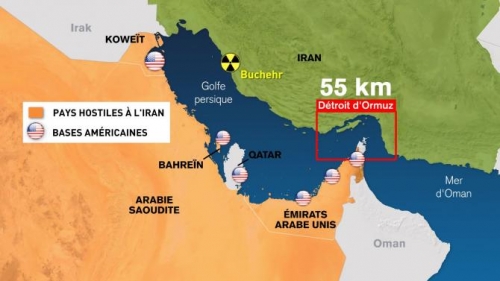
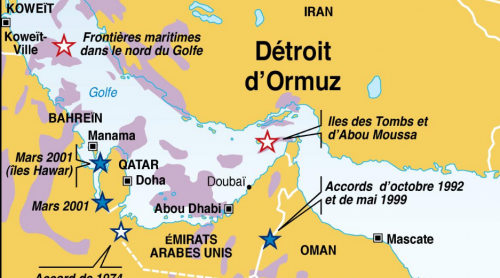
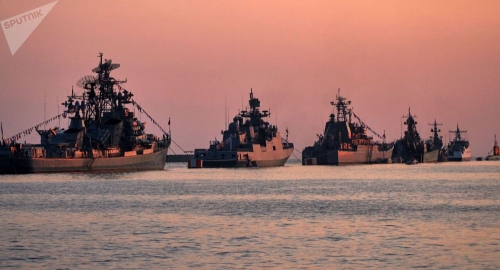



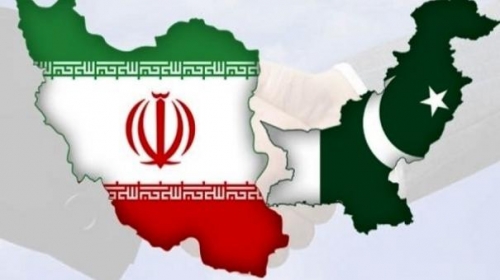

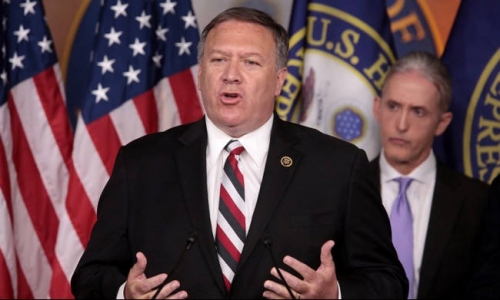

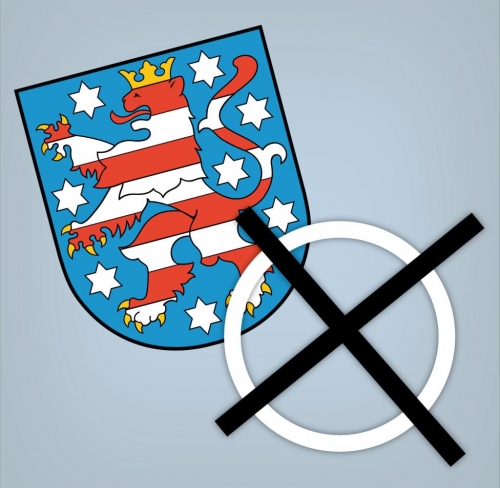
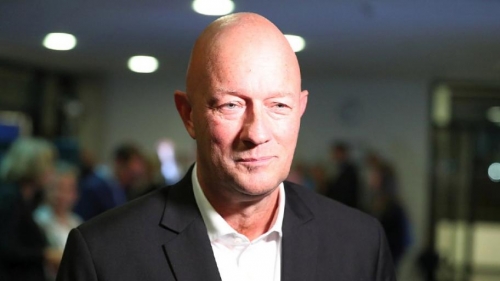
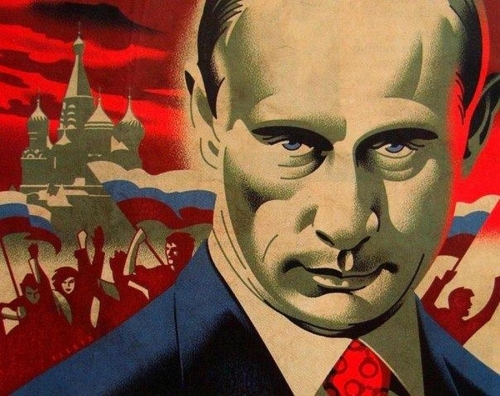
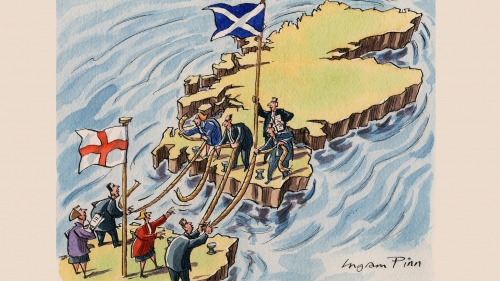


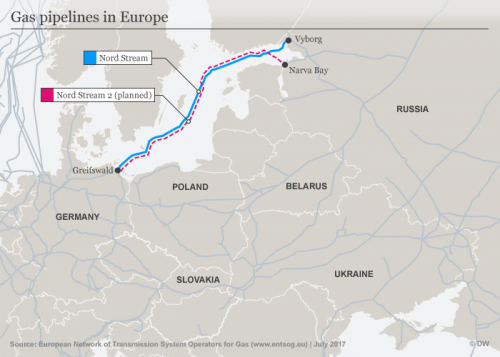
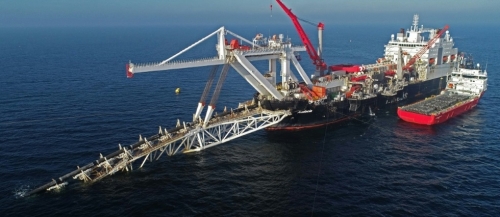

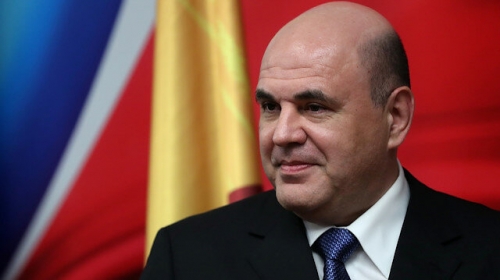

 La décision du Tsar Poutine de rompre l’architecture du Tandem sous sa forme actuelle aura été une surprise pour tous les experts de la Russie et autres kremlinologues avertis ; on imagine ce qu’il en sera pour la succession, qui selon tout vraisemblance, est déjà organisée.
La décision du Tsar Poutine de rompre l’architecture du Tandem sous sa forme actuelle aura été une surprise pour tous les experts de la Russie et autres kremlinologues avertis ; on imagine ce qu’il en sera pour la succession, qui selon tout vraisemblance, est déjà organisée.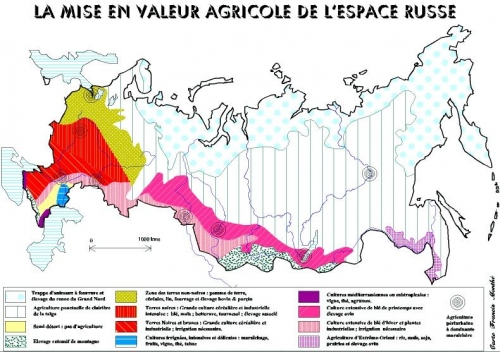
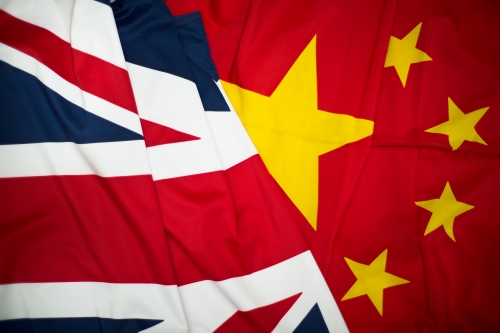
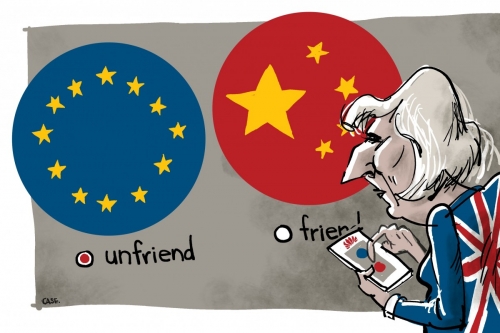

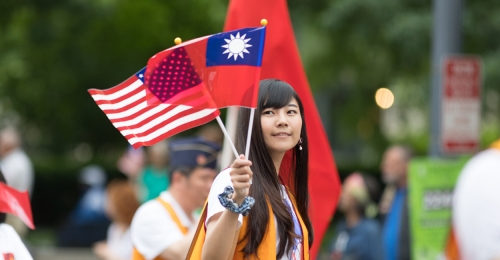
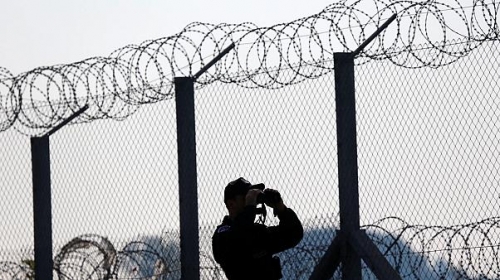
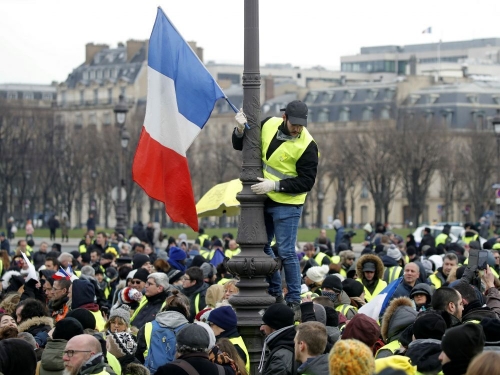
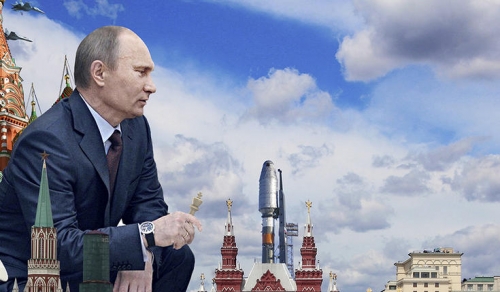



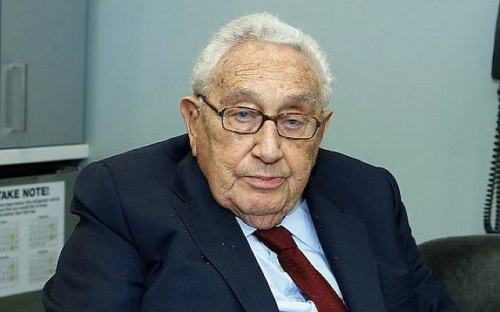

 Tout ce qui a été craint par les esprits les plus affûtés du XIXe siècle est arrivé à la France, mais amplifié au centuple ! Ils se plaignaient du fléchissement intellectuel de leur siècle ? Mais celui-ci avait encore ses Lamartine, ses Auguste Comte, ses Proudhon, ses Verlaine et ses Stendhal ! Aujourd’hui, nous n’avons plus que des Badinter, des Attali, des Luc Ferry ou des BHL ! Ils se plaignaient de la diminution du nombre de naissances en France ? Mais aujourd’hui, les naissances françaises sont directement remplacées par des naissances étrangères ! Ils se plaignaient de l’état moral de la France ? Mais aujourd’hui le sens moral se vautre dans le transsexualisme, l’idéologie LGBTQ, le féminisme, l’idéologie du genre, l’idéologie « no-child » et la stigmatisation de « l’homme blanc hétérosexuel de plus de 50 ans » ! Ils craignaient que l’on fabrique un jour des Français de papier ? Mais aujourd’hui ces Français de papier se comptent par millions et font la loi !
Tout ce qui a été craint par les esprits les plus affûtés du XIXe siècle est arrivé à la France, mais amplifié au centuple ! Ils se plaignaient du fléchissement intellectuel de leur siècle ? Mais celui-ci avait encore ses Lamartine, ses Auguste Comte, ses Proudhon, ses Verlaine et ses Stendhal ! Aujourd’hui, nous n’avons plus que des Badinter, des Attali, des Luc Ferry ou des BHL ! Ils se plaignaient de la diminution du nombre de naissances en France ? Mais aujourd’hui, les naissances françaises sont directement remplacées par des naissances étrangères ! Ils se plaignaient de l’état moral de la France ? Mais aujourd’hui le sens moral se vautre dans le transsexualisme, l’idéologie LGBTQ, le féminisme, l’idéologie du genre, l’idéologie « no-child » et la stigmatisation de « l’homme blanc hétérosexuel de plus de 50 ans » ! Ils craignaient que l’on fabrique un jour des Français de papier ? Mais aujourd’hui ces Français de papier se comptent par millions et font la loi ! 
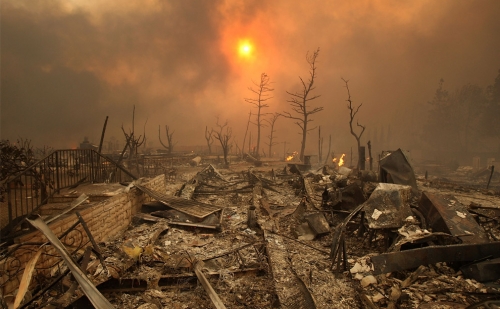

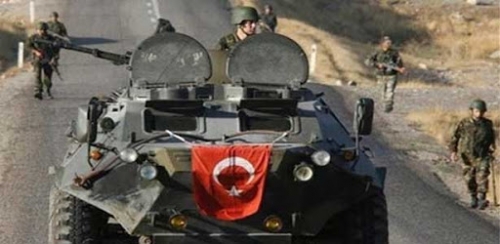
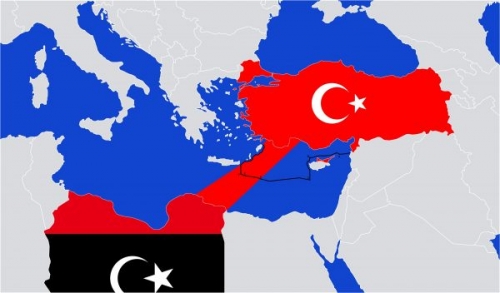
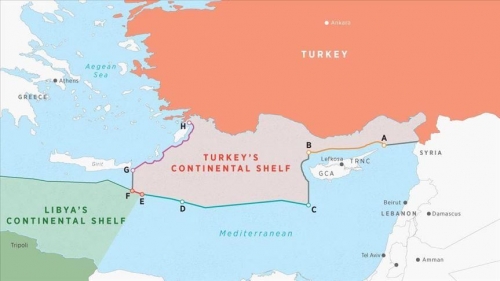
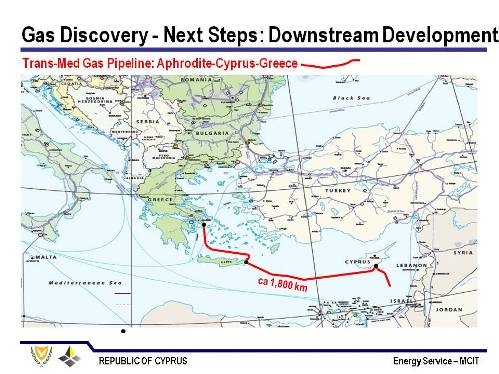

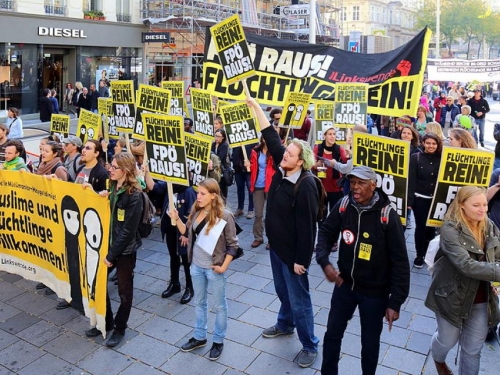



 Une interrogation suscitée par les révélations de Bruno Patino, dans son ouvrage La civilisation du poisson rouge (Grasset), qui s’alarme de l’addiction aux écrans, notamment celui du smartphone, provoquée par les manœuvres des géants du numérique pour nous rendre accros. Nous avons vu que cette dépendance commençait très tôt, dès la petite enfance.
Une interrogation suscitée par les révélations de Bruno Patino, dans son ouvrage La civilisation du poisson rouge (Grasset), qui s’alarme de l’addiction aux écrans, notamment celui du smartphone, provoquée par les manœuvres des géants du numérique pour nous rendre accros. Nous avons vu que cette dépendance commençait très tôt, dès la petite enfance. La constitution d’un collectif autour d’une
La constitution d’un collectif autour d’une 